
'18 Again' has come to an end and there couldn't have been a more satisfying conclusion to a perfectly brilliant drama. Originally inspired by the Hollywood film, '17 Again', the K-Drama version of the same has left an indelible mark on the industry and fans' hearts. Needless to say, there are several boxes that the drama has successfully ticked, which the original film could not, adding to the phenomenal success of the drama. While the original is a classic, the drama is more likely to be enjoyed by a wider audience and here's why.
Family

The drama owes a huge portion of its success to the brilliant portrayal of family values, one of the hallmarks of a K-Drama. The sentiment quotient is high, and all the relationships are interwoven with a delicacy that cannot be found in the film. The drama's focus from the first episode is on how everything comes down to family in the end, which is also where it all starts. Si Ah and Si Woo are raised with impeccable principles, and it shows through the choices that they make throughout the show. Si Ah stands up to bad behavior, and there is no question of her dating someone who'd be a bully, unlike the film. As a matter of fact, even after Ja Sung has amended his ways and he asks Si Ah out, she turns him down because she can't get the thought of him being a bully, especially to her brother, out of her head. It is revealed that Si Woo strives to fulfill his father's dream in his stead and is kind enough to forgive Ja Sung because he understands where he was coming from.
Friendship

Si Ah is surrounded by bright and supportive friends who value their friendship over anything else. Bo Bae is not the least bit upset about the prospect that Woo Young might like Si Ah. Ja Sung realizes that his behavior stemmed from issues concerning his father and apologizes as best as he can, extending a hand of friendship to Si Woo. There is nothing lewd about Ji Ho or Ja Sung's feelings for Si Ah, and they both have her best intentions in mind. Deok Jin is unrelentingly supportive of Dae Young, and so is Ae Rin for Da Jung. Dae Young is just as good friends with Ae Rin as he is with Deok Jin, unlike the film, where the two corresponding characters seem to have animosity. Da Jung and Dae Young mend their relationship, now with the complete knowledge of each other, only to move forward stronger than ever.
Ye Ji Hoon

Ji Hoon's love and respect for Da Jung as well as his obligation to Dae Young, which is revealed later, is the perfect touch of a classic second lead syndrome. However, his background, his relationship with his brother and his niece, and his evolving dynamic with the latter was a treat to watch.
Si Ah and Ji Ho

All viewers will probably unanimously agree that everyone took a collective breath of relief when the story didn't develop in a way where Si Ah starts having feelings for Go Woo Young. On the contrary, Woo Young constantly reminds her of her father, and her romantic feelings are persistently inclined towards Ji Ho. The sweet romance that grows into a full-fledged relationship between Si Ah and Ji Ho was a beautiful addition to the story, absent from the film.
Strong, Independent Women

Another major focus of the drama seems to be on the empowerment of the female characters. Jung Da Jung is constantly striving to be the best version of herself, as a mother, as an anchorwoman, and, most importantly, as a woman. She never compromises her morals for success or for love and makes sure to use her platform and her voice for those who cannot raise theirs. Similarly, her daughter is a force to be reckoned with. Si Ah chases after her dreams without hesitation and is not afraid to work hard for it. Ae Rin remains humble even at the peak of her success and continues to support her friend even if it stands in the way of her profession.

 SHARE
SHARE
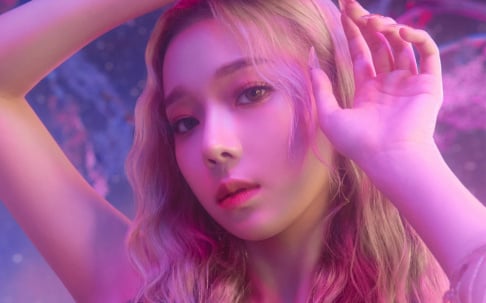











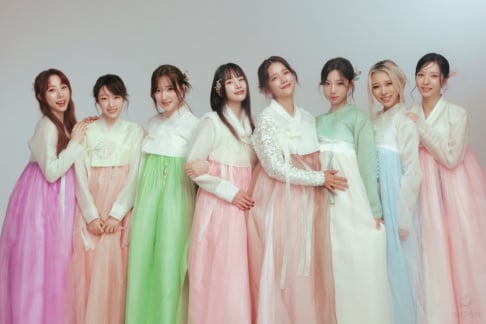



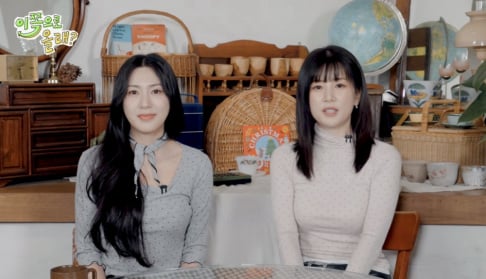







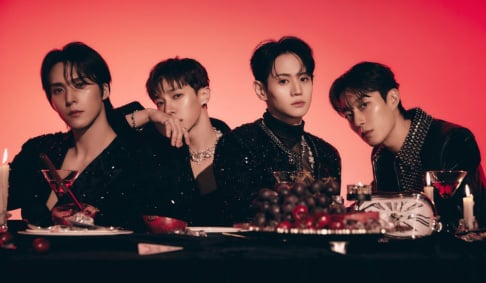



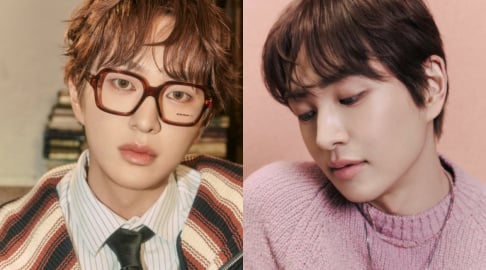

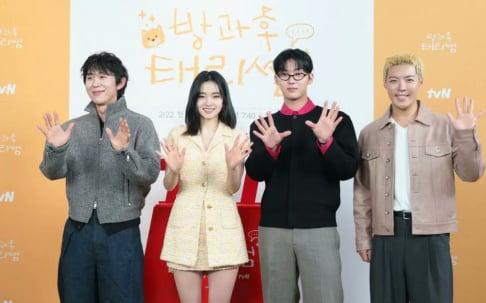

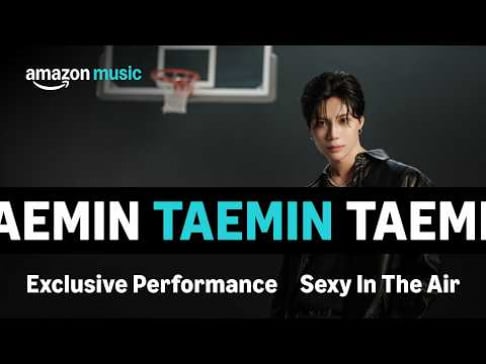
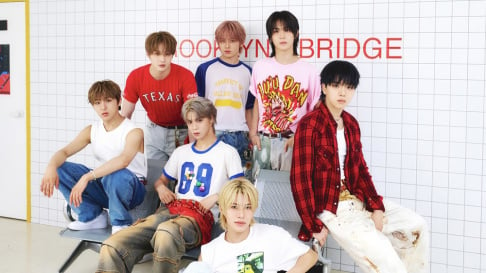

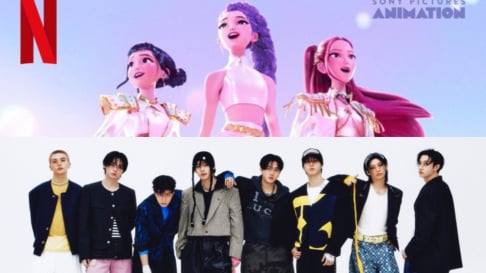










100% agree